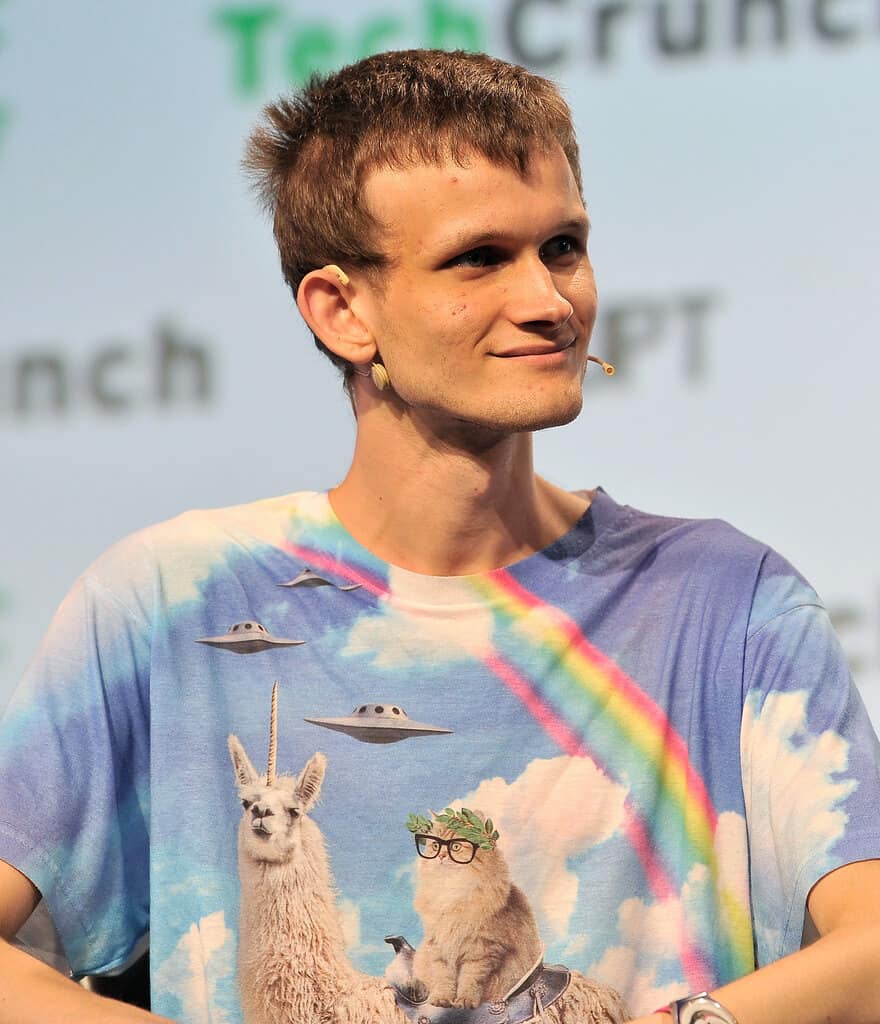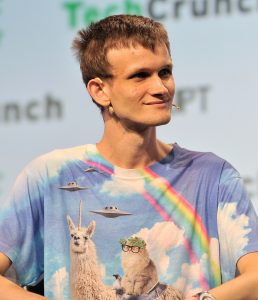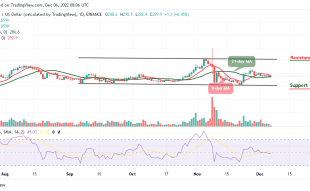Join Our Telegram channel to stay up to date on breaking news coverage
Ethereum founder Vitalik Buterin has listed the five things happening in the Ethereum (ETH) application ecosystem that have excited him the most.
What in the Ethereum application ecosystem excites mehttps://t.co/QxCa6EoWDl
— vitalik.eth (@VitalikButerin) December 5, 2022
The comments came in a new blog post on Monday, December 5 by the Russo-Canadian blockchain innovator. According to the blog, Buterin starts with money, which he says is “the most important application in cryptocurrency. According to Buterin, stablecoins are one of the most vital aspects to be able to use crypto as a form of money. A paragraph from the blog reads:
“In either case, any kind of stablecoin working well would be a boon for many kinds of currency and savings applications that are already concretely useful for millions of people today.”
Number two on Buterin’s list of exciting things is decentralized finance (DeFi), where the Ethereum co-founder said decentralized stablecoins are probably the most important DeFi product of them all. He said:
“Decentralized stablecoins are, and probably forever will be, the most important DeFi product, but there are a few others that have an important niche.”
In his view, DeFi is a space that made an honorable beginning despite existing limitations at that time. Over time, however, Buterin believes decentralized finance turned into “somewhat of an overcapitalized monster” that is reliant on unsustainable forms of yield farming. Buterin also opined that DeFi is currently in the budding stages of establishing itself as a stable medium to improve security and refocus on several applications that are particularly value-adding.
Still, on DeFi, the Ethereum creator added that “prediction markets, synthetic assets, and glue layers for efficiently trading between other assets” are crucial parts of the decentralized finance world.
Third on Buterin’s list of exciting things happening in Ethereum is the identity ecosystem. In this regard, Buterin mentioned Ethereum Name Service (ENS) which enables users to replace their regular cryptocurrency addresses with custom domain names.
Despite acknowledging the power of the identity ecosystem feature, Buterin noted that the main challenge within that space is privacy maintenance, saying, “The status quo involves putting large amounts of information on-chain, which is something that is ‘fine until it’s not’, and eventually will become unpalatable if not outright risky to more and more people.”
Decentralized autonomous organizations (DAOs) is the fourth thing Buterin identifies as exciting for the Ethereum network. As an example of something that could benefit from being a DAO, Buterin cites Gitcoin, a platform that pays cryptocurrency developers to work on open-source software.
Buterin also postulates some potential arguments for Gitcoin Grants to be a DAO.
Gitcoin grants and PoH are refi, no?
— vitalik.eth (@VitalikButerin) December 5, 2022
Key pointers in the argument include:
- It holds and deals with cryptocurrency because most of its users and funders are Ethereum users.
- Secure quadratic funding is best done on-chain so you reduce security risks if the result of the vote feeds into the system directly.
- It deals with communities all around the world, and so benefits from being credibly neutral and not centered around a single country.
- It benefits from being able to give its users confidence that it will still be around in five years so that public goods funders can start projects now and hope to be rewarded later.
According to Buterin, however, the main thing that does not work well are DAOs that require pivoting ability that is in conflict with robustness, and that do not have a sufficient case to “decentralize for efficiency”.
Number five on the list is hybrid applications, which Buterin finds exciting for Ethereum, as the applications are not entirely on-chain but use blockchain for certain aspects. In his words “the applications take advantage of both blockchains and other systems to improve their trust models.”
Using voting as an example, Buterin explained that votes are published to the blockchain, which means users have a way independent of the voting system to ensure that their votes get included. However, votes are encrypted, preserving privacy, and a ZK-SNARK-based solution is used to ensure that the final result is the correct computation of the votes.
Related News:
-
Where is Ethereum headed now after the Merge? An interview with Vitalik Buterin
- How To Buy Calvaria
- How to Buy Bitcoin
Join Our Telegram channel to stay up to date on breaking news coverage


